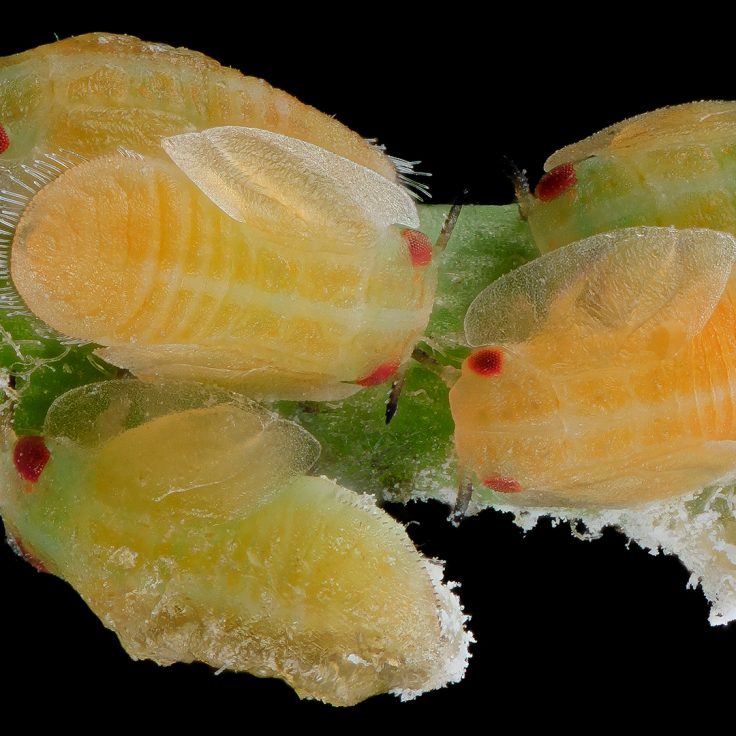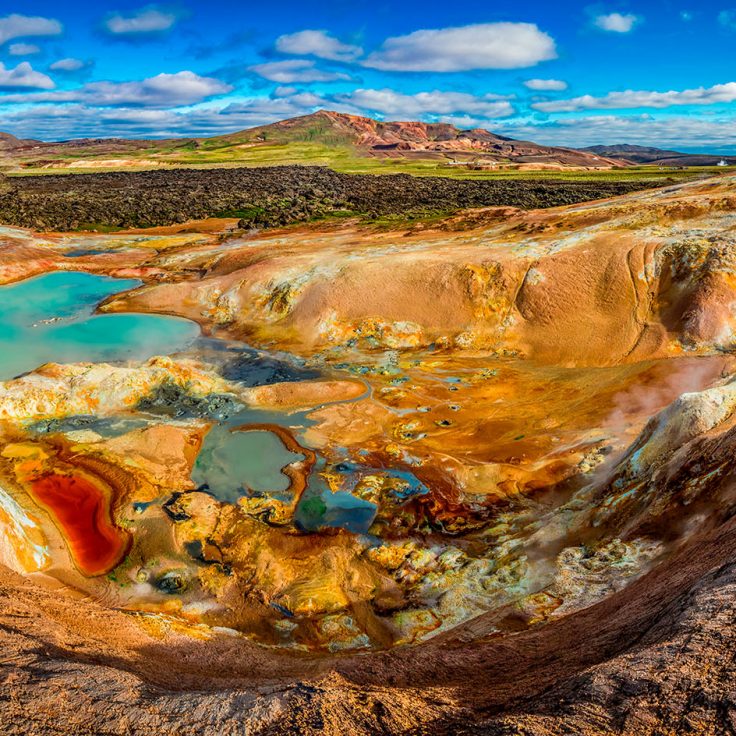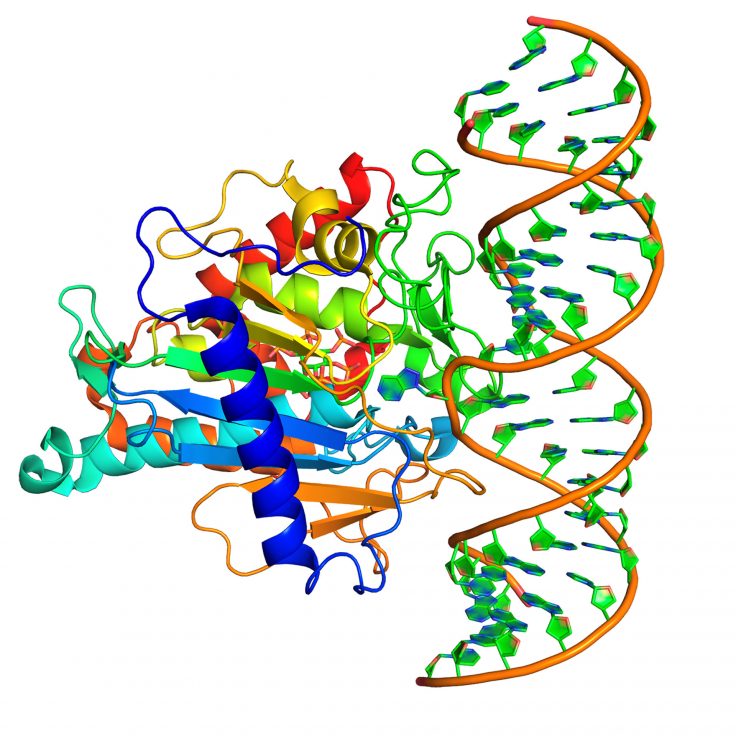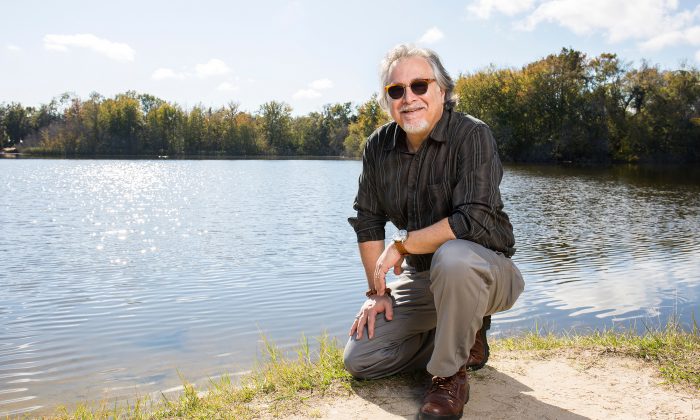
Lyon Duong/UF Photography
Faculty Profile — Thomas S. Bianchi
Delta Blues
“Burn and burial,” offers Thomas S. Bianchi, the Jon L. and Beverly A. Thompson Endowed Chair of Geological Sciences, as a central theme of his research. He’s referring to carbon cycling, especially the release of carbon into the atmosphere or its sequestration in flora in “blue carbon” areas, such as wetlands and rivers. Bianchi, sitting in front of a whiteboard with an impressive list of pending publications, talks about his slate of projects, which, like their subject matter, flow into diverse outlets. He’s working on multiple fronts to study “burn and burial” in the face of pollution, dams, and sea level rise.
“Deltas are going to be the first to be inundated by sea level rise.”
“My original focus was not in climate change,” Bianchi says. “Sometimes I wish I had more projects that didn’t connect to it in some way.” It’s a distressingly politicized topic of research (and funding, or lack thereof), although Bianchi is pleased that it’s been “an integrative force for multiple disciplines.” As a biogeochemist, he’s certainly representative of the academic portmanteaus. His passion, however evolved, is palpable as he discusses threats to the cradle of civilization: the fertile delta. “Deltas are going to be the first to be inundated by sea level rise,” says Bianchi. “Some areas are sinking due to natural subsidence and from extraction of oil and natural gas. The Mississippi Delta is experiencing this as sea levels rise while oil and gas reserves are drained.” The loss of deltas is a key topic of Bianchi’s latest book, Deltas and Humans. It’s his first publication for a lay audience and his personal contribution toward expanding the audience for climate science.
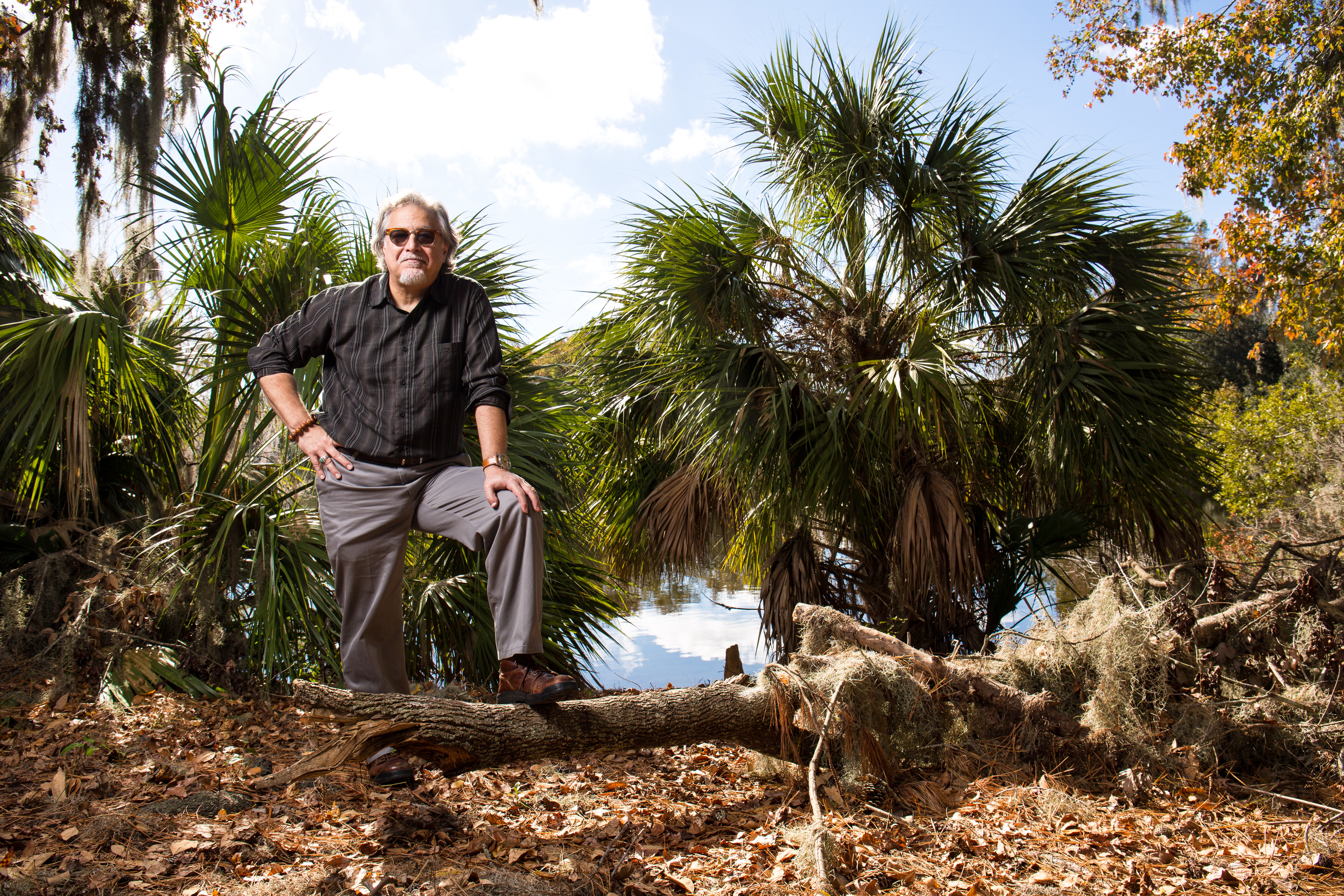
Thomas Bianchi is the Jon L. and Beverly A. Thompson Endowed Chair of Geological Sciences.
Reaching that audience is crucial to bridging the gap between the general public and scientific community, especially on a hot-button topic. Scientists can easily lose debates to those who use “grandstanding and trickery to overwhelm their opponent,” he says. He encourages his peers to train themselves to better express, to the public and the press alike, the dire problem of climate change. There’s plenty of brainpower among the many disciplines already united under the “climate change umbrella,” as he calls it. “Scientists inherited this problem from the Industrial Revolution. We’ve known it longer than the public has,” asserts Bianchi. “Now, scientists must do a better job of getting the word out.”
To support the people, program, or research featured in this story, please visit
